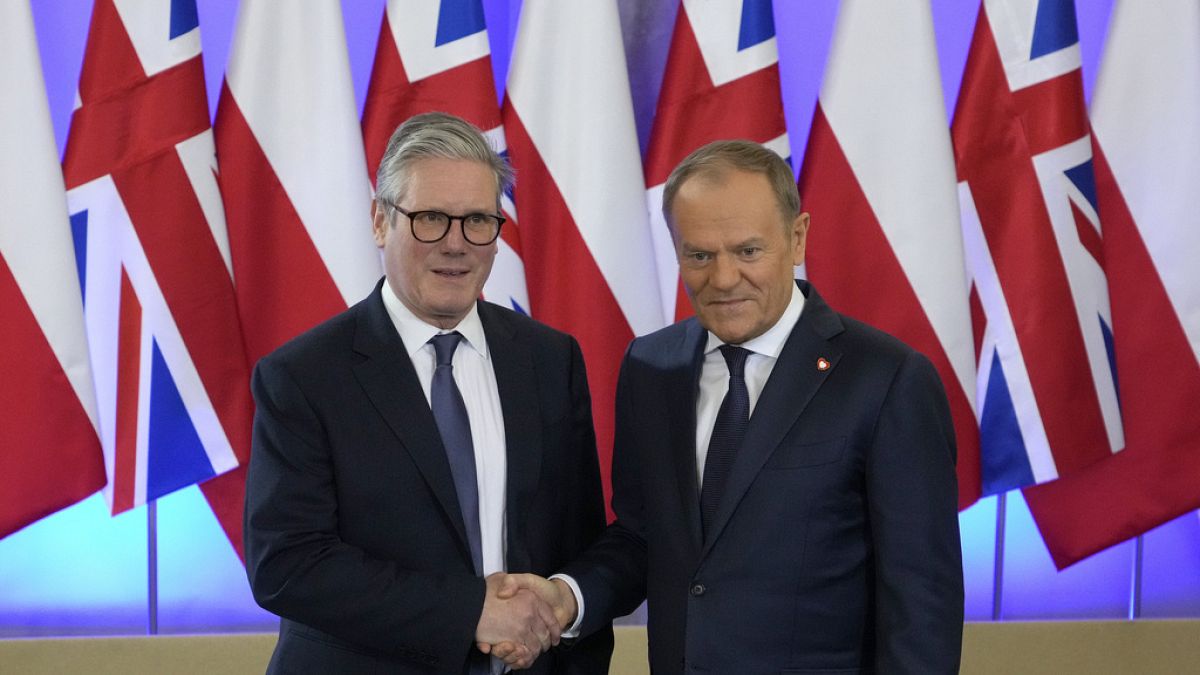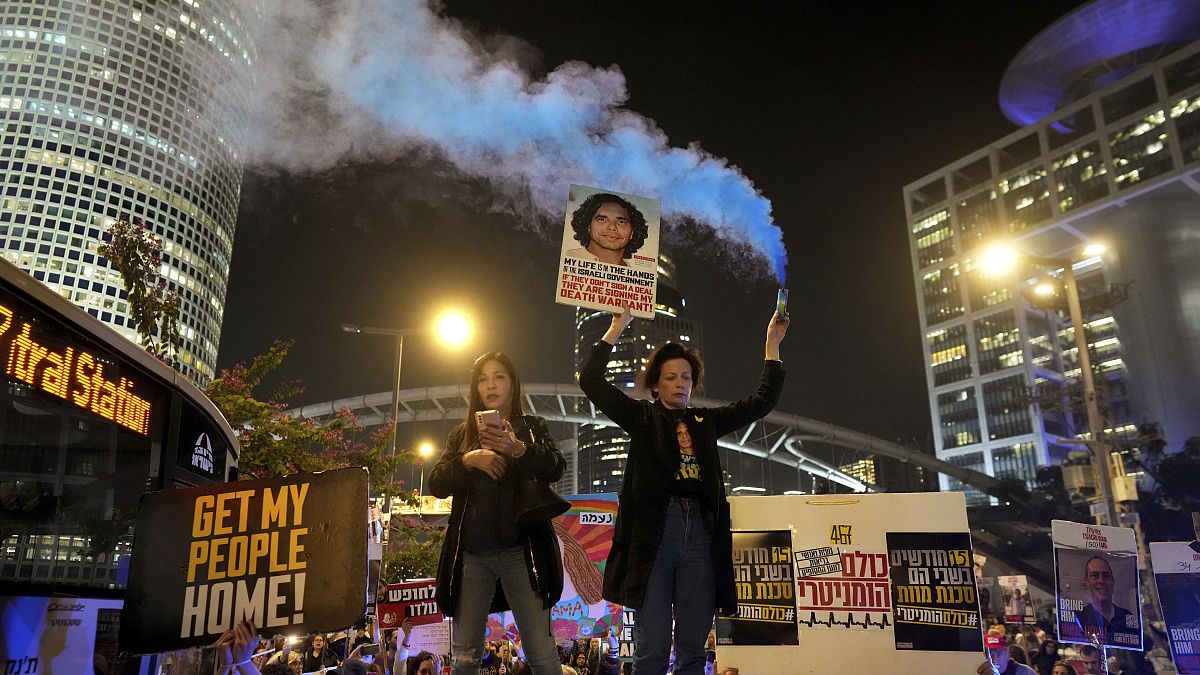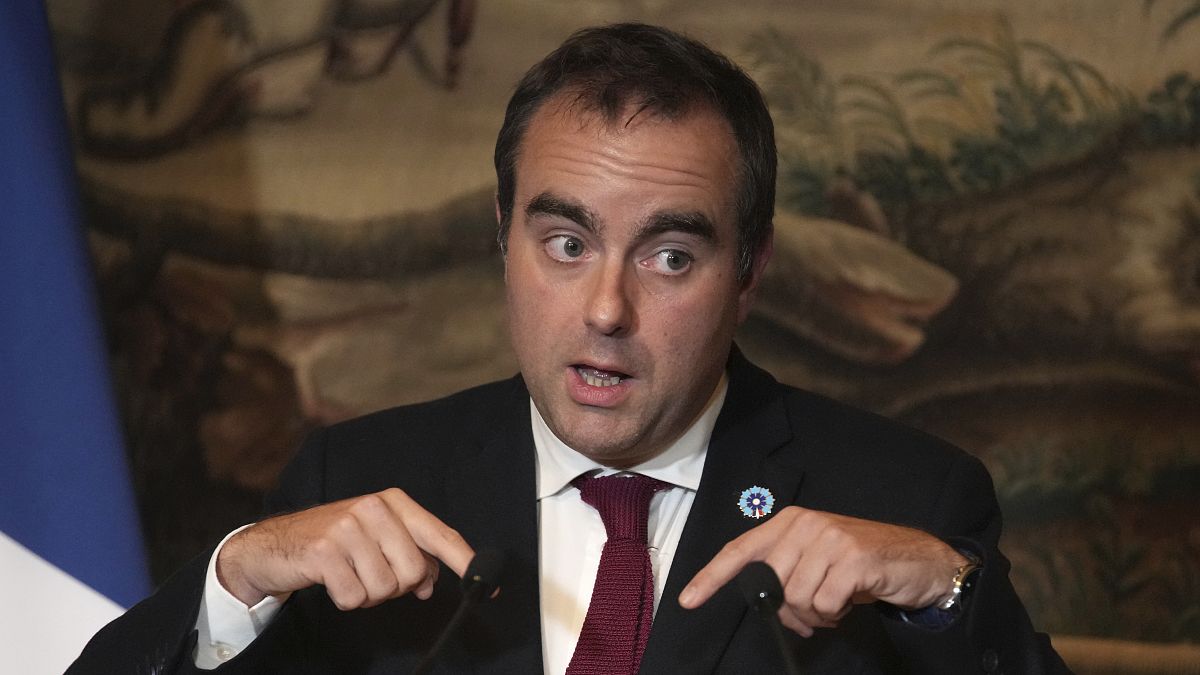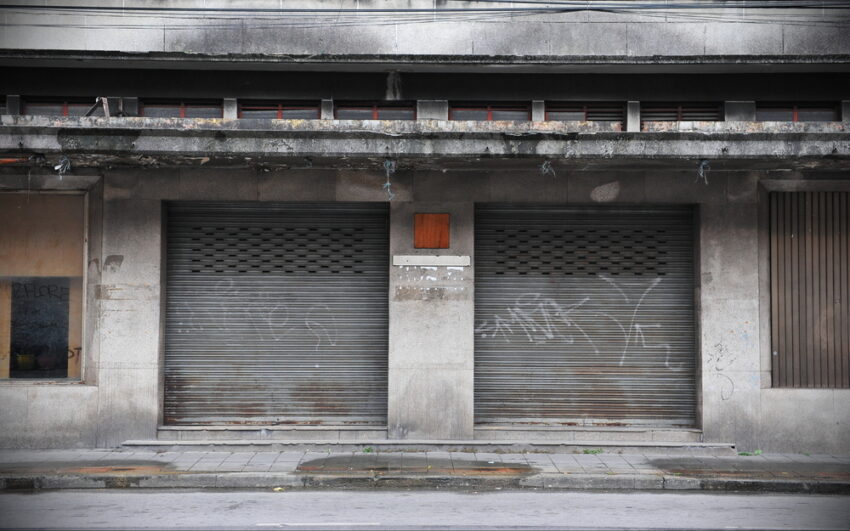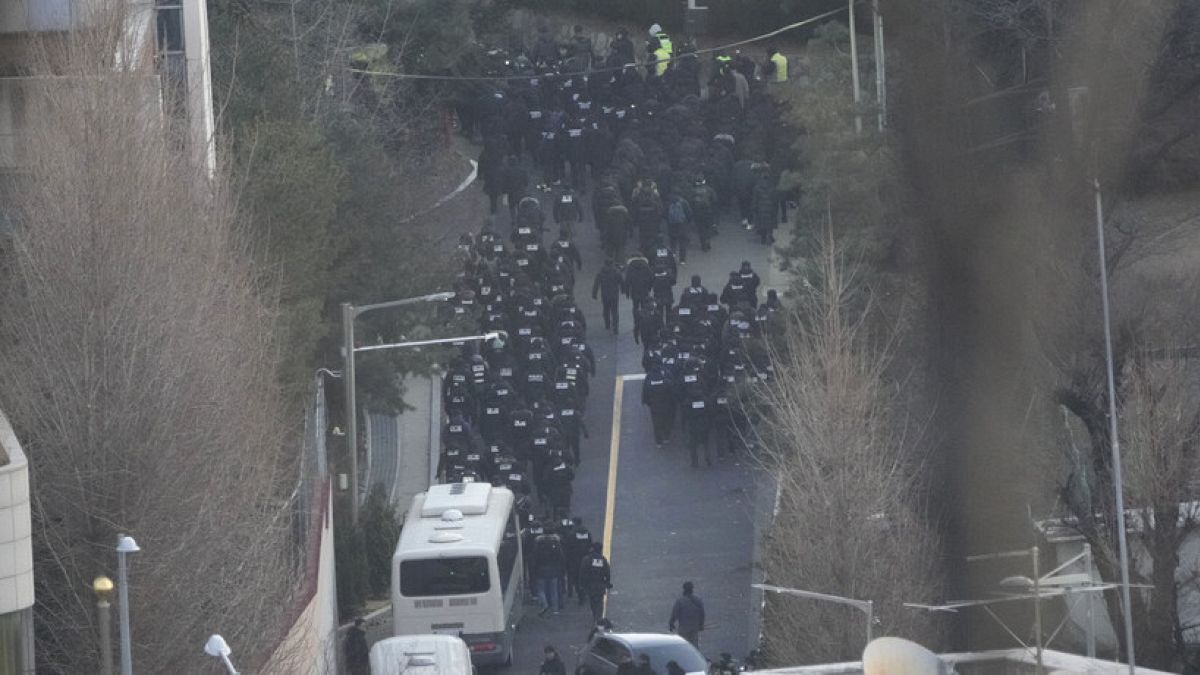UK leans against proscribing Iran’s Revolutionary Guards
London is reluctant to cut ties with Tehran "at a time when Iran is causing such danger in the world."
LONDON — The U.K. government is set to ignore calls to designate a key wing of Iran’s military as a terrorist group amid fears of a diplomatic breakdown between London and Tehran.
Government figures have told POLITICO that Home Secretary Yvette Cooper is leaning against proscribing Iran’s Islamic Revolutionary Guard Corps (IRGC) as a terrorist group — despite the governing Labour Party’s having called for this when in opposition.
The IRGC — designated as a terrorist organization by the U.S., Canada and Sweden — has an estimated strength of 125,000 soldiers and is tasked with upholding the Iranian regime’s theocratic Islamic system domestically.
Its overseas wing, the Quds Force, is accused of managing Iranian proxies including Hamas in Gaza and Hezbollah in Lebanon — both proscribed as terrorist groups by the U.K. government.
The Telegraph reported last month that No. 10 was reviewing whether to label the IRGC as a terrorist group after backlash from some Labour MPs over the U.K.’s decision to ban some arms exports to Israel.
Several government insiders, however, told POLITICO that Labour ministers were now not in favor of proscribing the group due to fears it would lead to a mutual expulsion of diplomats in Tehran and London.
The IRGC is already sanctioned by the U.K. government; proscribing it as a terrorist organization would be a major — but largely symbolic — step that few countries have taken.
Government officials say such a move would derail diplomatic relations between the two countries.
A Whitehall official, granted anonymity to speak freely, said the civil service “continually told [Labour] this was the dilemma when they kept calling for this in opposition.”
One senior figure within the Foreign Office added that “the IRGC aren’t terrorists,” and that “like with Russia, we’re better off punishing them for what they are instead of pretending they’re something they are not.”
They added: “At a time when Iran is causing such danger in the world, I want an embassy in Tehran.”
Maintaining back channels
Cooper first said in July 2023 that the then-Conservative government should “use counter-terror legislation to proscribe organizations like [the Russian private military group] Wagner or IRGC,” reiterating the stance in April.
Designating the IRGC as a terrorist organization has also long been a demand of hawkish Tory MPs, with a group of 50 demanding that ex-PM Rishi Sunak take this action in April.

Labour’s manifesto said that in government the party would look at ways of sanctioning state sponsors of terrorist activity, but no proposals have been forthcoming.
Foreign Secretary David Lammy told the Guardian after the U.K.’s July election that “there are real challenges from state-sponsored terrorist activity” and that “I want to look closely at those issues, and how the predecessor system works for states, as well as for specific terrorist organizations.”
A London-Tehran diplomatic breakdown would be particularly ill-timed, government officials believe, due to the U.K.’s role in coaxing Tehran to de-escalate the deepening conflict between Israel and Iran’s proxies in Lebanon and Gaza.
The government is instead opting for a range of more traditional sanctions, including slapping asset freezes and travel bans on two senior members of the IRGC Monday.
The long arm of Iran
Sanam Vakil, director of the Middle East program at the Chatham House think tank, said proscribing a key part of Iran’s military could backfire by “further empower[ing] the IRGC within the Iranian system.”
“Short-term political moves like this seem to be reactive and low-cost, but the long-term tail of these actions ha[s] to be considered,” she added.
“Maintaining diplomatic relations with the Islamic Republic is seen as necessary, albeit difficult, as engagement is needed to manage the growing portfolio of issues that international governments are facing with Iran.”
Iran has been accused by Western nations of being a state sponsor of terrorism across the Middle East, with the IRGC helping direct those efforts.
The New York Times revealed secret documents over the weekend showing that Iran had known about plans by Hamas to carry out its Oct. 7, 2023 terror attack on Israel, which killed more than 1,200 people, and that Tehran had been supportive of the action.
The report was denied by Iran’s permanent mission to the United Nations.
Antonio Giustozzi, senior research fellow at the RUSI defense think tank, said further sanctions on Iranian institutions “would be essentially cosmetic actions, especially if the U.K. is not followed by most other European governments in doing so.”
“There would be no significant consequences in either case; the IRGC has developed advanced skills in busting sanctions and circumventing bans,” he said.
A government spokesperson said: “The U.K. government, law enforcement and our international partners continue to work together to identify, deter and respond to threats from Iran.
“That is why we continue to take strong action and hold the Iranian regime to account — we have sanctioned more than 400 Iranian individuals and entities, including the Islamic Revolutionary Guards Corps in its entirety.”
What's Your Reaction?







